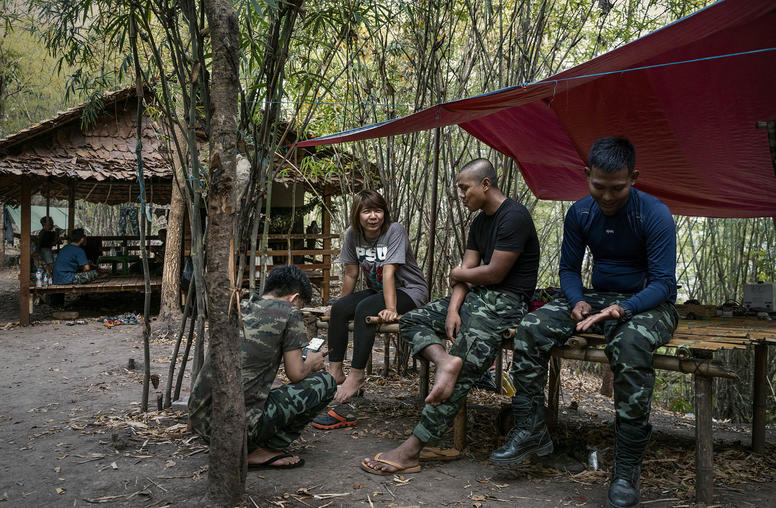Deadly Conflict in Myanmar’s Rakhine State: New Pathways to Peace?
Looking past the November 2020 elections, Myanmar’s efforts to end the decades-long civil wars remain stalled. Armed conflict between the Arakan Army (AA) and the Tatmadaw in Rakhine State has escalated sharply over the past two years, though an unofficial cease-fire in Rakhine and reports of talks between the Tatmadaw and the Arakan Army offer a flicker of hope. Peace between the AA and Tatmadaw would bring an end to years of violence experienced by communities across Rakhine State. It is of added importance because it is a prerequisite to achieve progress toward a safe and dignified repatriation of Rohingya refugees.
On December 10, USIP hosted a launch event of two publications—"Why Burma’s Peace Efforts have Failed to End its Internal Wars” and “The Arakan Army in Myanmar: Deadly Conflict Rises in Rakhine State”—which explore the implications of the deadly conflict in Rakhine State, as well as possible new directions for ending Myanmar’s internal wars. The authors of the reports joined leading peace practitioners for a conversation on how Myanmar might potentially reset efforts to address violent conflict.
Continue the conversation on Twitter with #USIPRakhine.
Speakers
David Mathieson
Independent Analyst
Ying Lao
Deputy Director, Salween Institute
Bertil Lintner
Correspondent, Asia Times
@gardlunden
May Oo Mutraw
Co-Founder, Going Home Where We Belong Program
Jason Tower, moderator
Country Director, Burma Program, U.S. Institute of Peace



